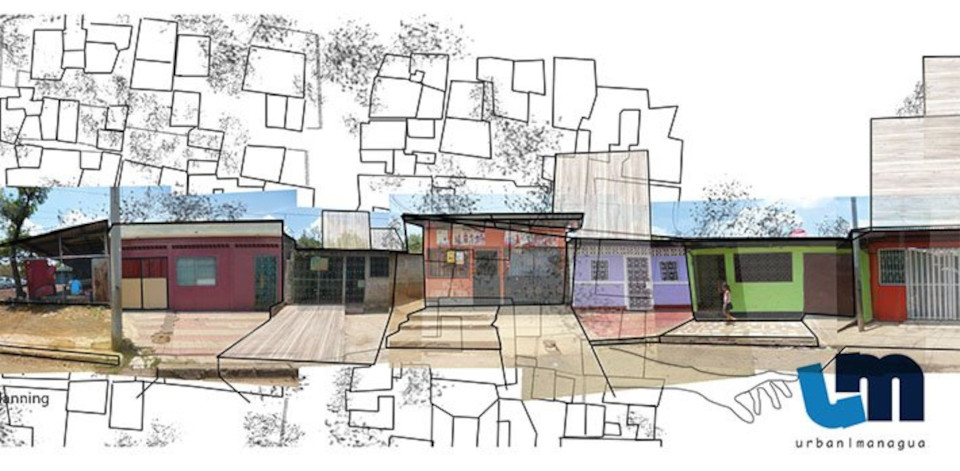 To share – it is that easy and very human, but less and less common
practice. But with the Internet and New Technology humankind could
rather leverage sharing to a new level which would imply progress and
benefit for all. There are some movements that already do this, Free
Software, Open Data and a lot of artists and photographs that publish
their work with explicit permit to the use for everybody.
To share – it is that easy and very human, but less and less common
practice. But with the Internet and New Technology humankind could
rather leverage sharing to a new level which would imply progress and
benefit for all. There are some movements that already do this, Free
Software, Open Data and a lot of artists and photographs that publish
their work with explicit permit to the use for everybody.
We are living in an information society, in theory. But we are just at the beginning, data is still mostly encapsulated in copyright, company or state property and not made available for everybody. Let’s travel to a place that doesn’t exist yet and see four random examples on how our lives could be different with public data available, all based on the technical possibilities that are available already.
Open cities
Imagine, you and everybody would be able to inform themselves about the plans that are made in your very next environment. You’d be able to know which streets are going to be built and how the park is going to be planned where you are living. But also the leaders of your area could use data from the citizens to incorporate their needs and desires into urban planning. This kind of participation of citizens on how the environment of their living is urbanized is part of innovative projects, like Urban Managua, which have discovered the real value of involving people in the decisions on how their neighbourhood should be designed.
Traffic planning
People carry with them great devices, the smartphone revolution has reached Nicaragua, and this data could be used for a general benefit. Instead of offering gratis “wasapea” (use of WhatsApp) the Nicaraguan phone companies could rather offer the service to transmit anonymized location data about the masses. This, freely available, would allow us to move in a much more efficient way. The present applications let image how we can use cars without traffic jams, but also public transportation in a very efficient way, avoiding all full buses. But this data could also be used to collectively create maps or it is even a great source for the local administration to really improve and plan mobility in the city.
Trustful leaders
At the end we are the people. The government is paid through our tax money and our reputation as country leaders. So, everything the government produces and does, should be transparent and available for everybody. Nicaragua has a great law for the access of information which is practically not working at all, and this is the situation in most other countries as well. People in power usually are afraid of accountability and transparency, but I think, the more they are transparent the better leaders and politicians they are.
A base for good business
Local businesses is what a healthy society needs. But instead of doing a thousand things apart, everybody would benefit from all the work that has been done by thousands. A lot of innovation comes to countries like Nicaragua from outside, because a real investment is needed to gather the right information. But a lot of information which is not of direct commercial interest of one company can leverage innovation for another. This is a way to naturally grow start-ups and invest in the local capacities. Like for example Pandora, the world’s largest internet radio service, started giving access to artists about the more specific data about their fans, which allows them and the tour organizers to plan more efficient tours and marketing campaigns.
Sharing is what makes us humans, sharing is culture and sharing is consciousness. Let’s share the public information and protect private information in order to take the technological revolution back into people’s hands.
- Third article article in my column “Brave new digital world” (Un mundo digital feliz) in the newspaper Confidencial.com.ni, where it has been published in Spanish language
- Photo by Urban Managua
- Special thanks to Cinthia Membreño